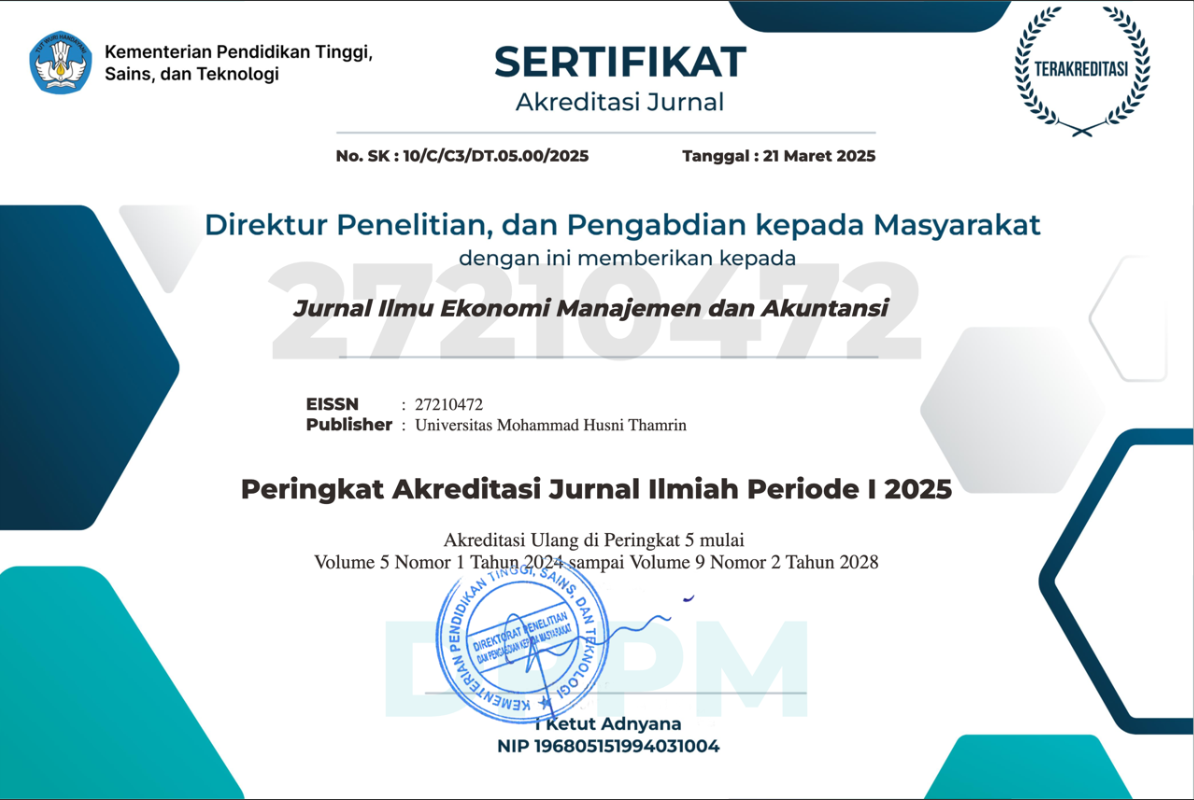Curriculum Management Innovation to Prepare Superior Human Resources in the Era of Industrial Revolution 4.0
DOI:
https://doi.org/10.37012/ileka.v6i1.2807Abstract
The Fourth Industrial Revolution (Industry 4.0) has had a significant impact on various sectors of life, including education. Advances in cutting-edge technologies, such as Artificial Intelligence (AI), the Internet of Things (IoT), and big data, have fundamentally transformed the learning process. Today's education no longer focuses solely on knowledge transfer but rather emphasizes the development of 21st-century skills, such as critical thinking, creativity, and adaptability (Kayembe et al., 2019). This transformation has also triggered a paradigm shift in the education system, from conventional learning methods to a technology-based digital approach (Haleem et al., 2022). The purpose of this study is to analyze various innovative strategies in curriculum management implemented in educational institutions to prepare graduates who are adaptive, creative, and possess 21st-century skills. This study uses a literature review method by examining various scientific sources and previous research results relevant to curriculum reform in the era of globalization and the Fourth Industrial Revolution. The study's findings indicate that innovative strategies in curriculum management include the application of digital technology in the learning process, the use of project-based learning (PBL) models, and the integration of soft skills such as communication, collaboration, and critical thinking with hard skills aligned with industry needs. These findings indicate that educational institutions need to design flexible, contextual, and future-oriented curricula to produce graduates who are ready to face global challenges.
Downloads
Published
Issue
Section
Citation Check
License
Copyright (c) 2025 anco

This work is licensed under a Creative Commons Attribution 4.0 International License.
Jurnal Ilmu Ekonomi Manajemen dan Akuntansi (ILEKA) Universitas Mohammad Husni Thamrin allows readers to read, download, copy, distribute, print, search, or link to the full texts of its articles and allow readers to use them for any other lawful purpose. The journal allows the author(s) to hold the copyright without restrictions. Finally, the journal allows the author(s) to retain publishing rights without restrictions Authors are allowed to archive their submitted article in an open access repository Authors are allowed to archive the final published article in an open access repository with an acknowledgment of its initial publication in this journal.

Jurnal Ilmu Ekonomi Manajemen Akuntansi (ILEKA) Mohammad Husni Thamrin is licensed under a Creative Commons Attribution 4.0 International License.











